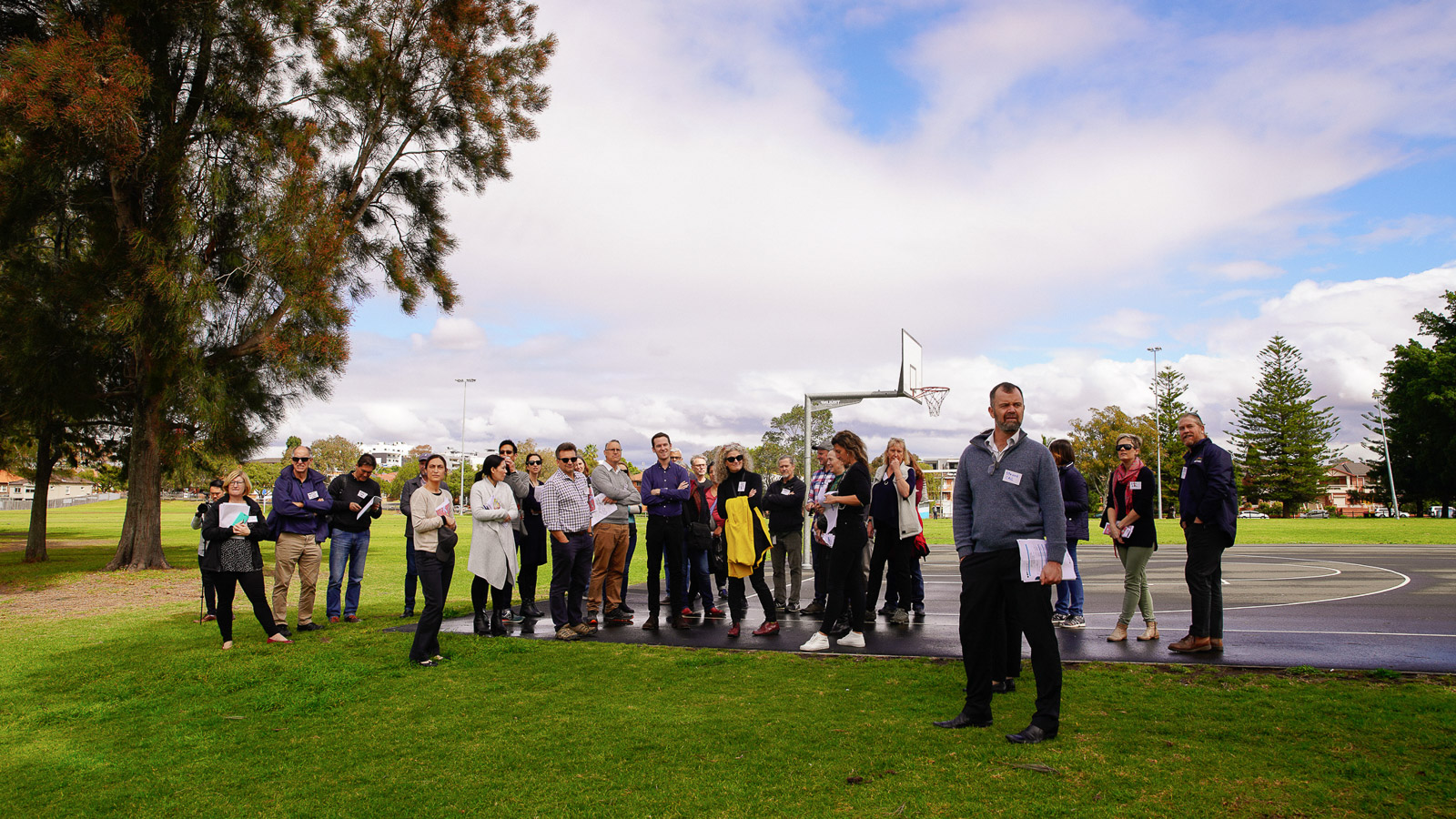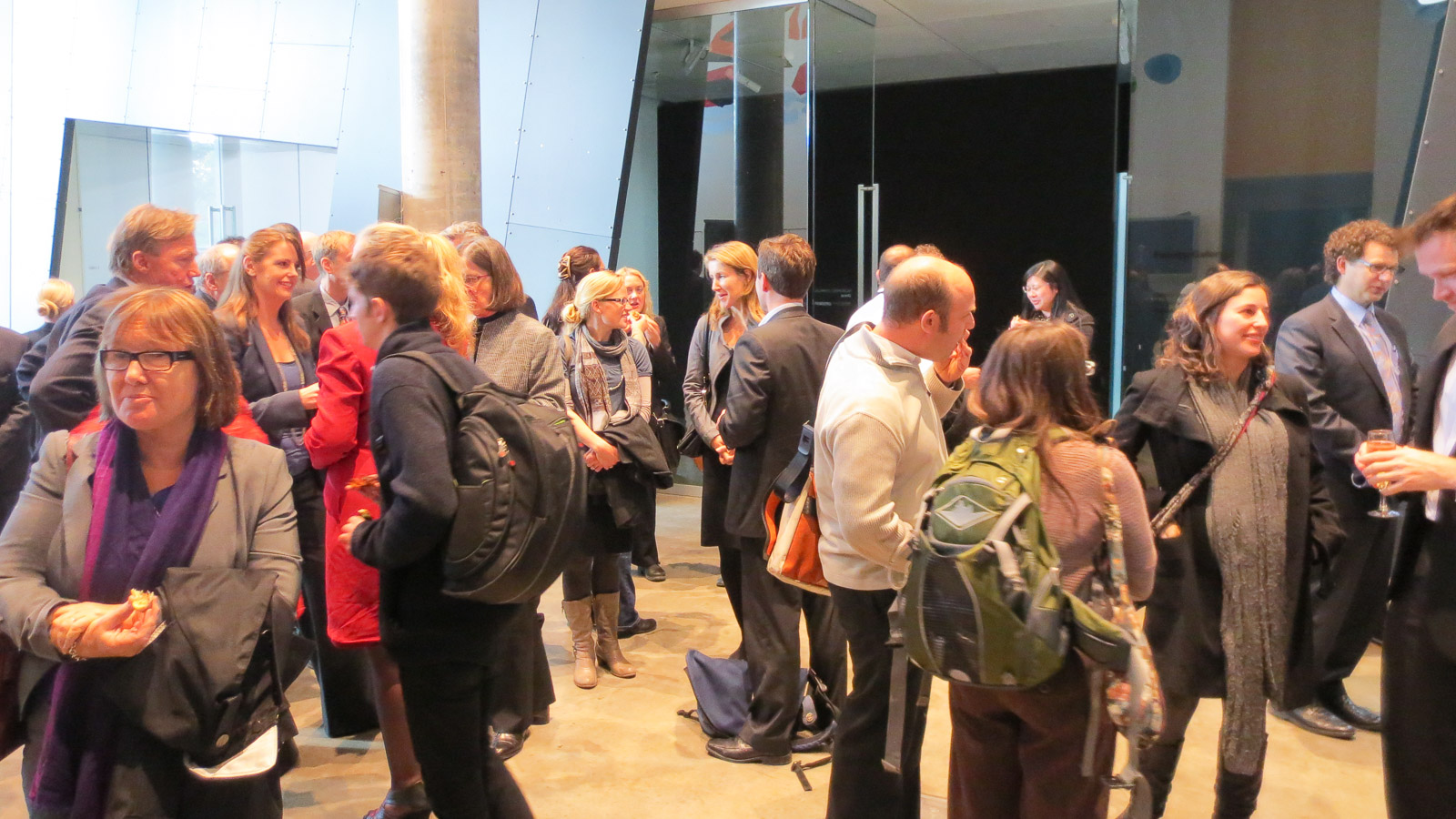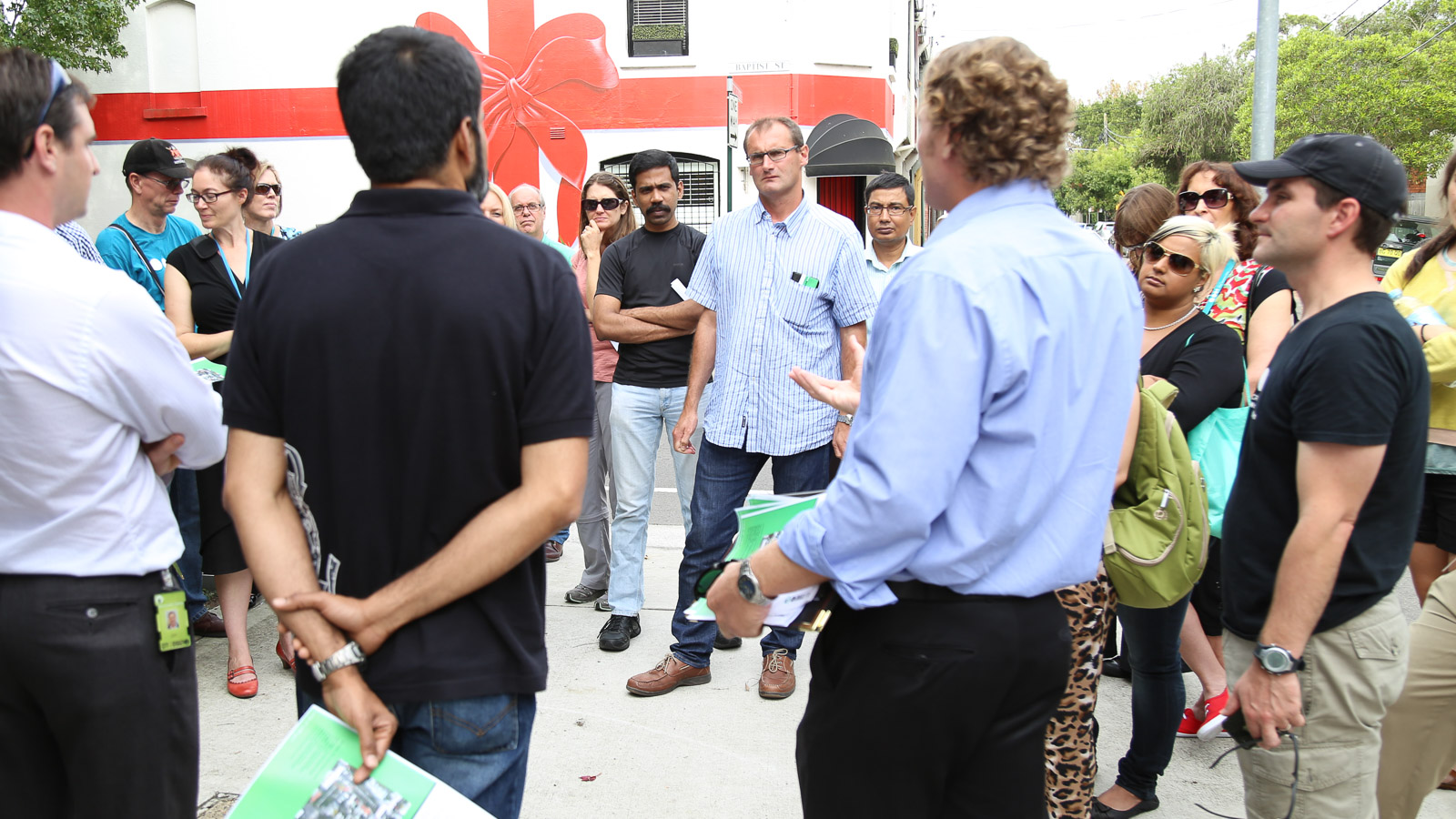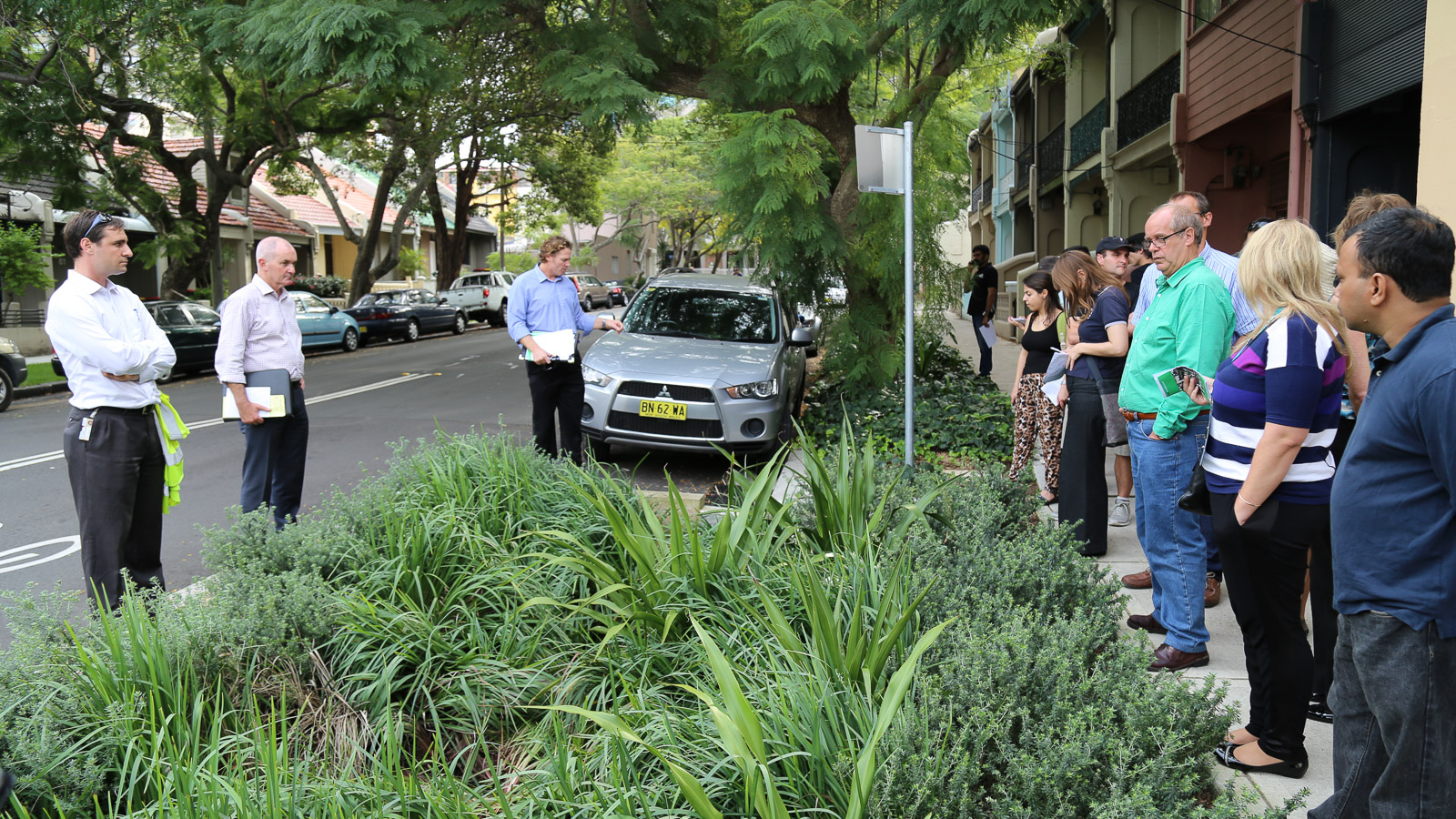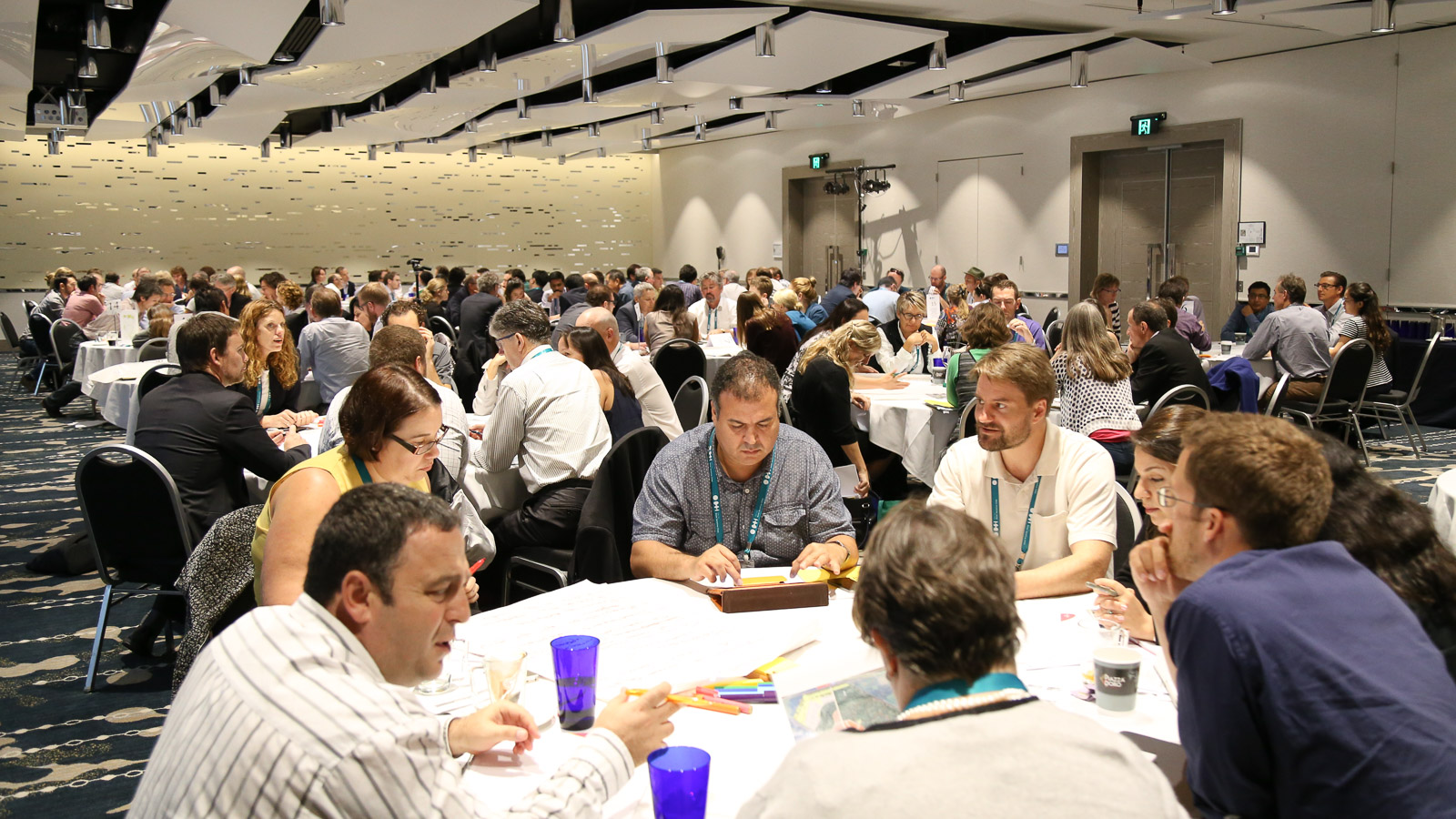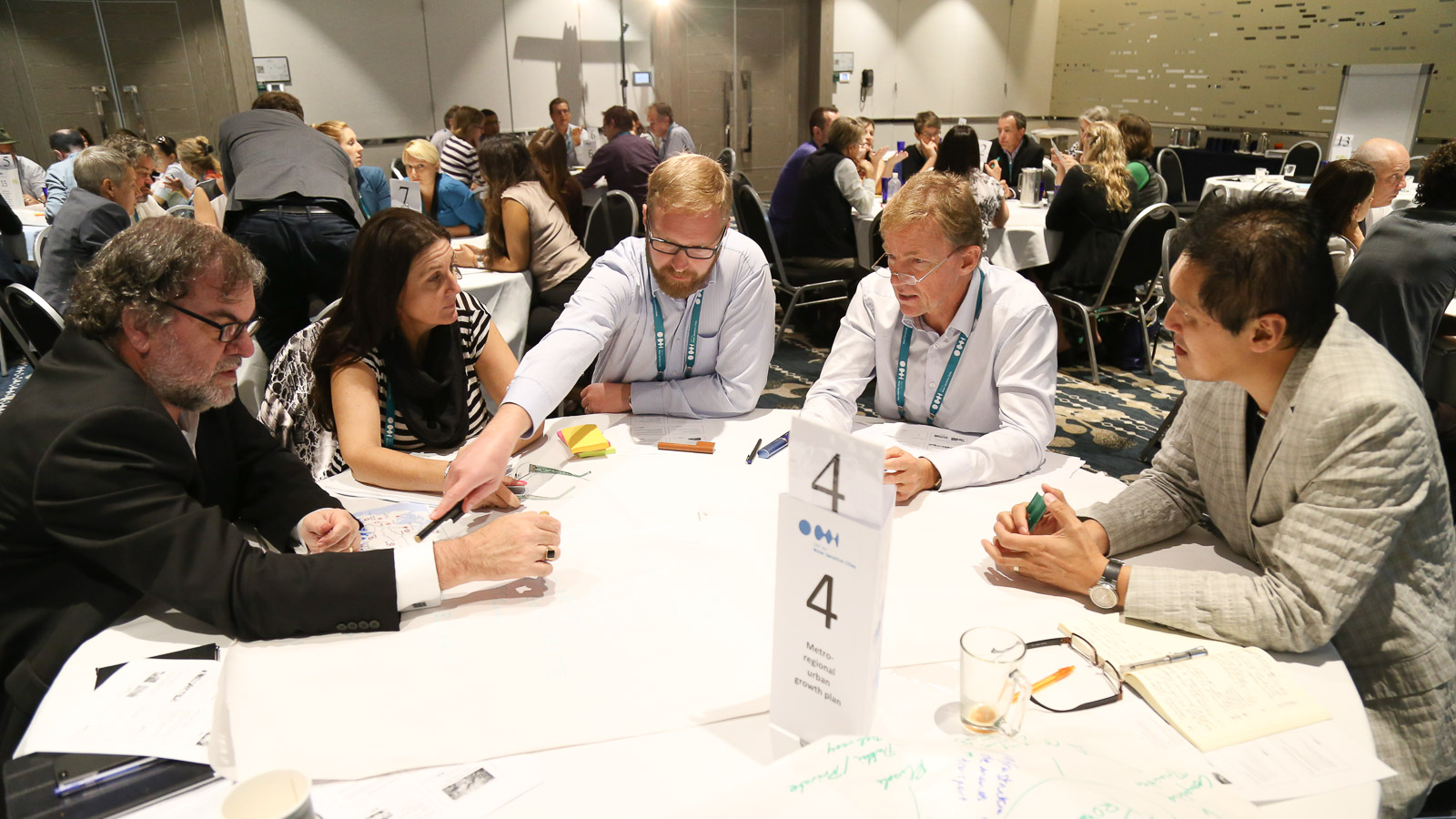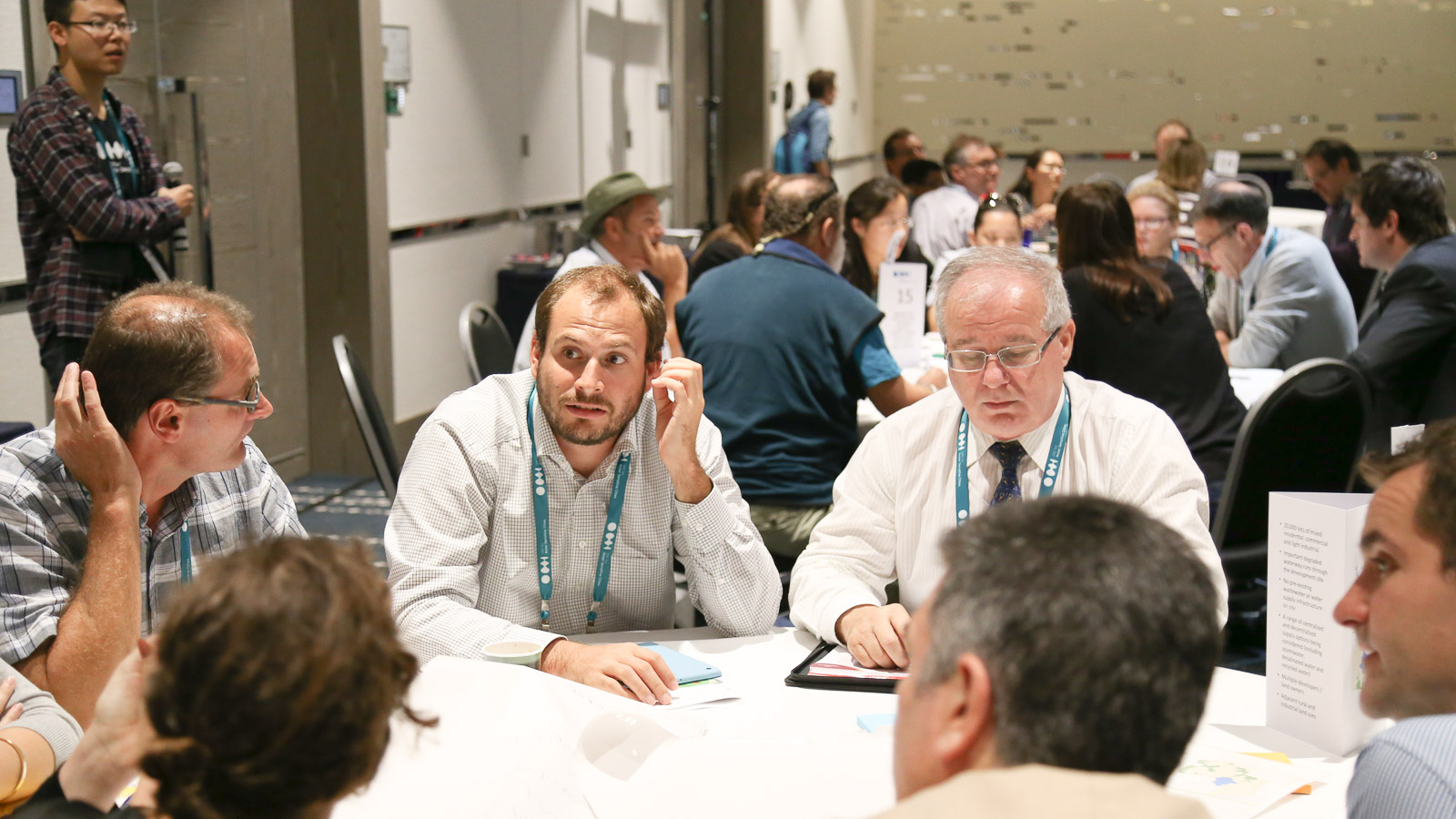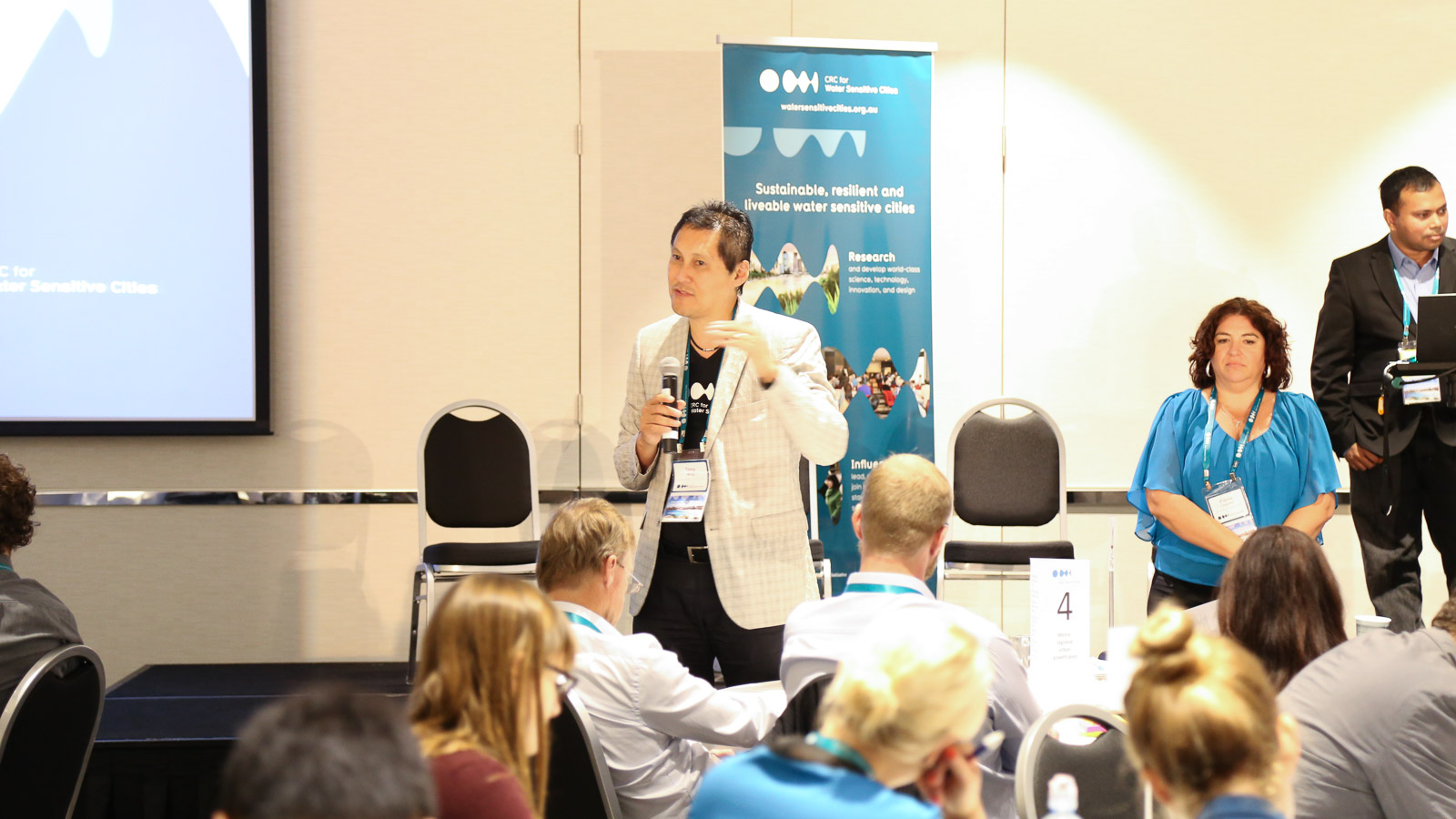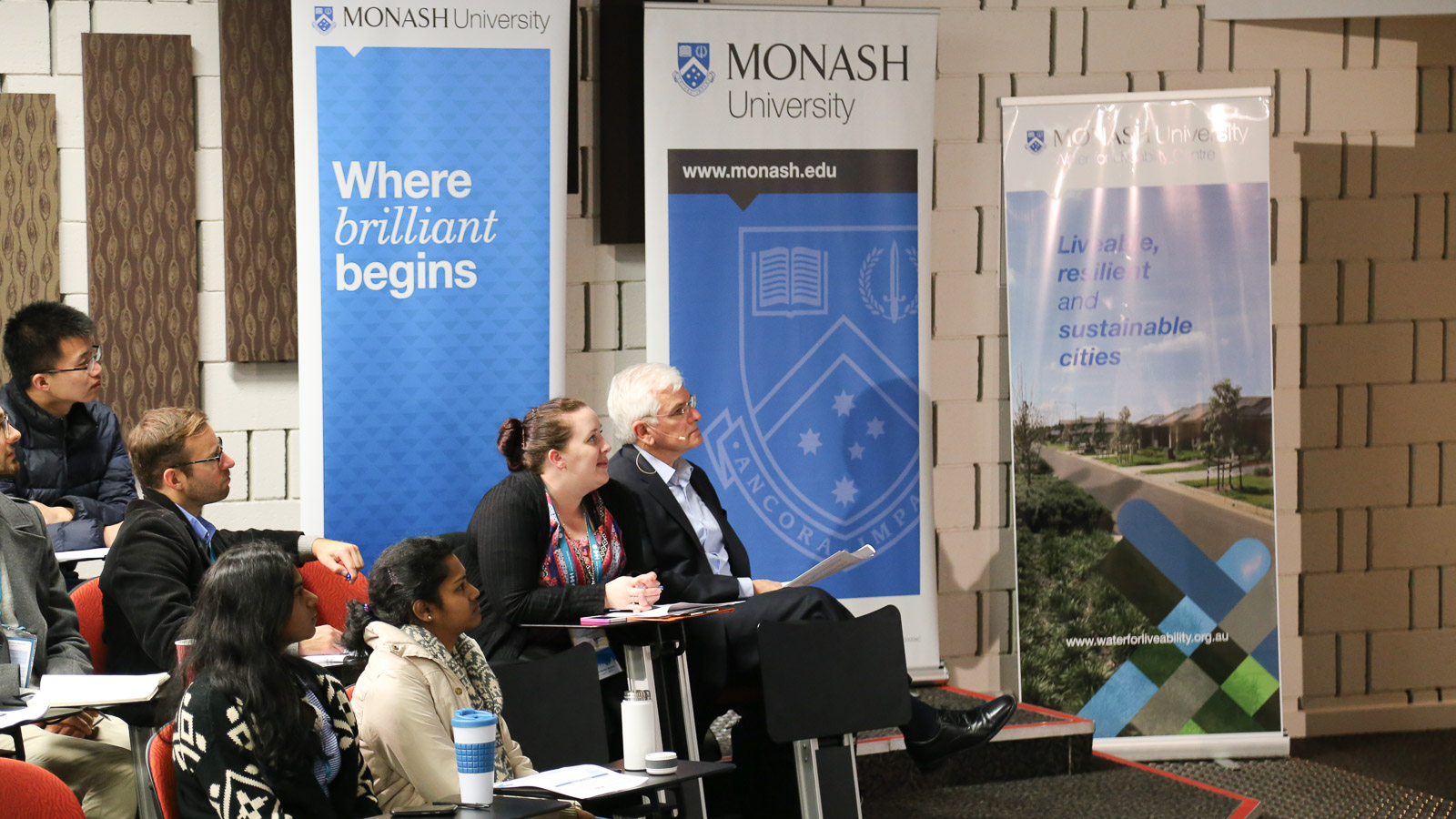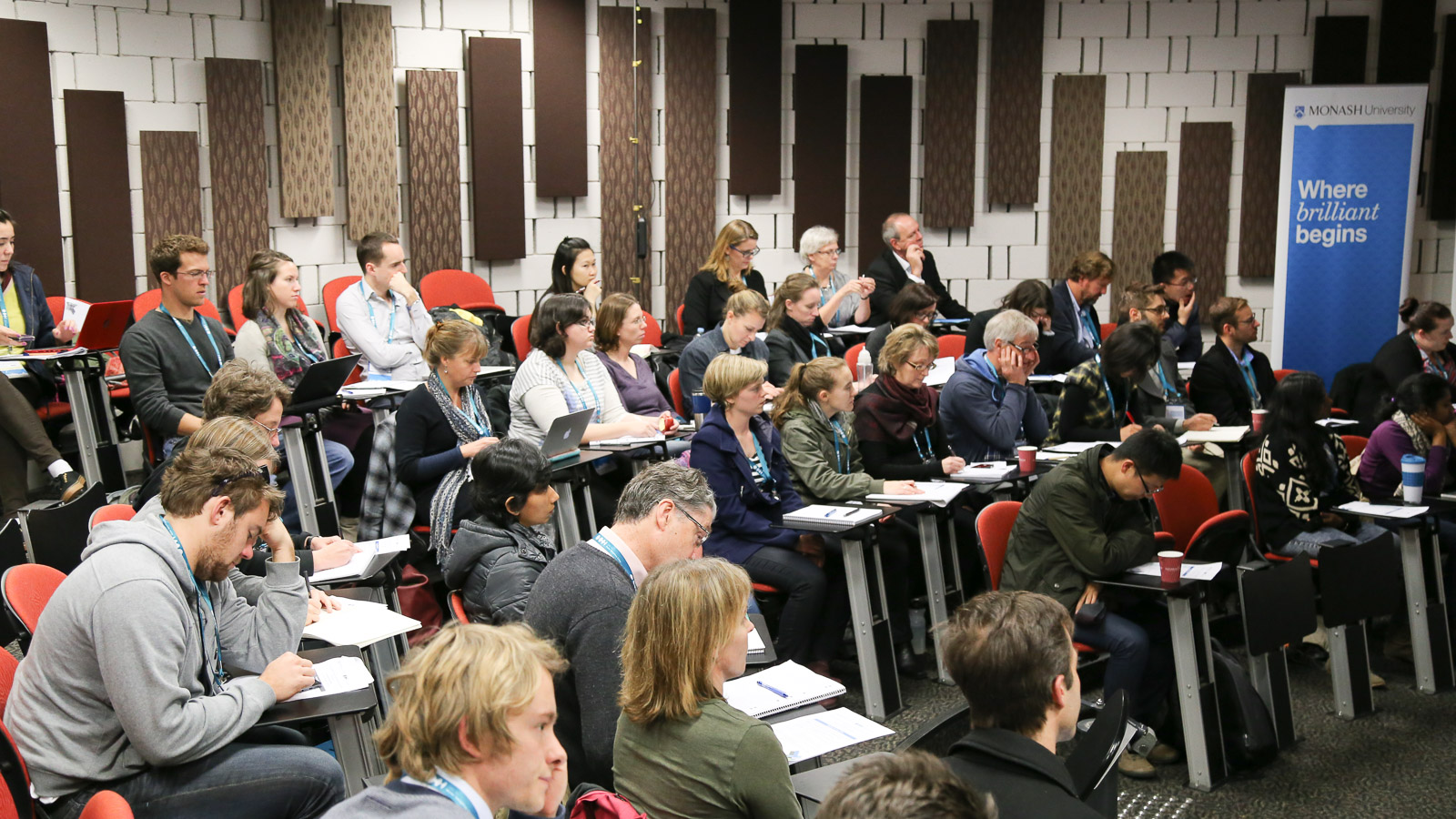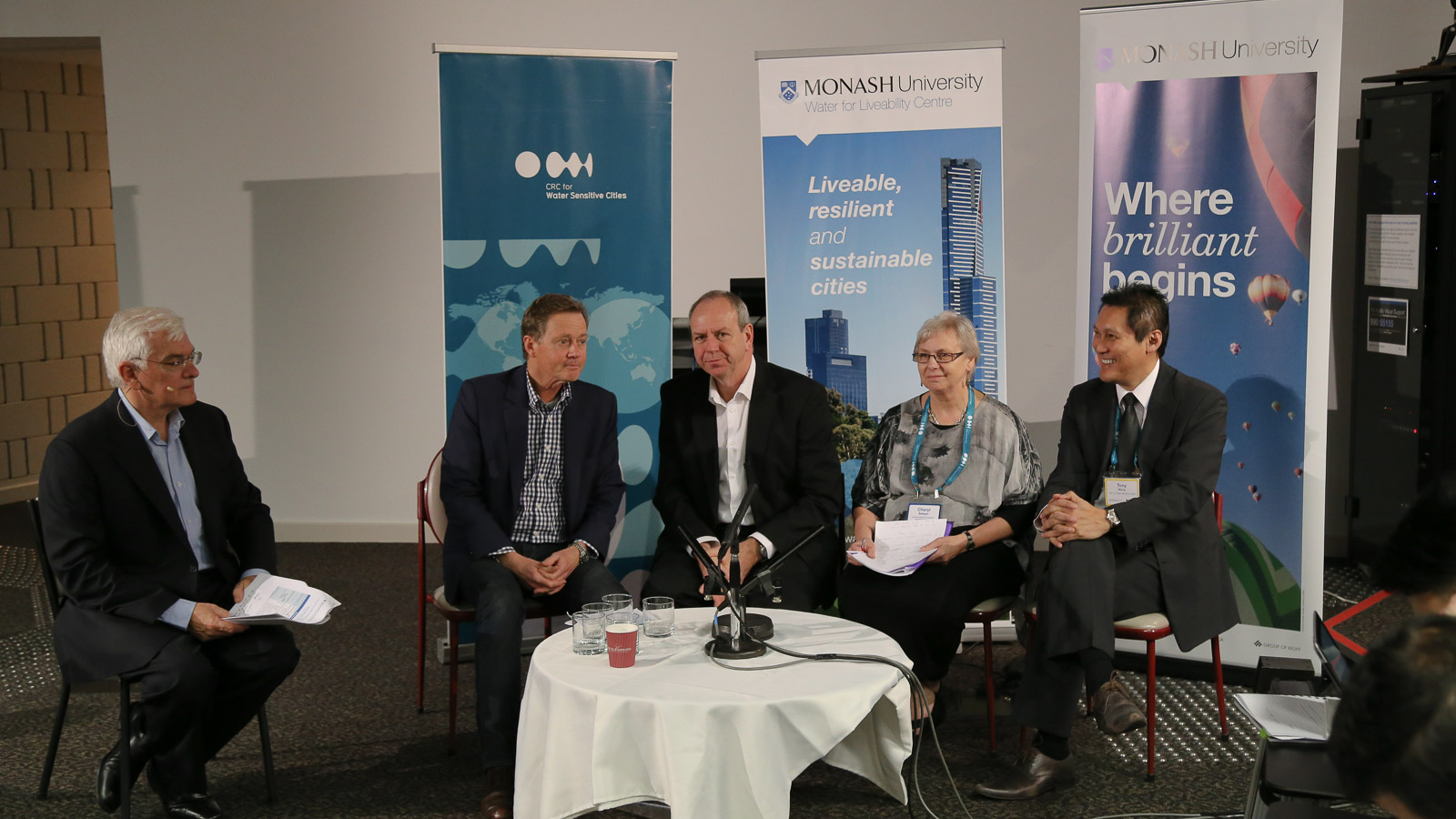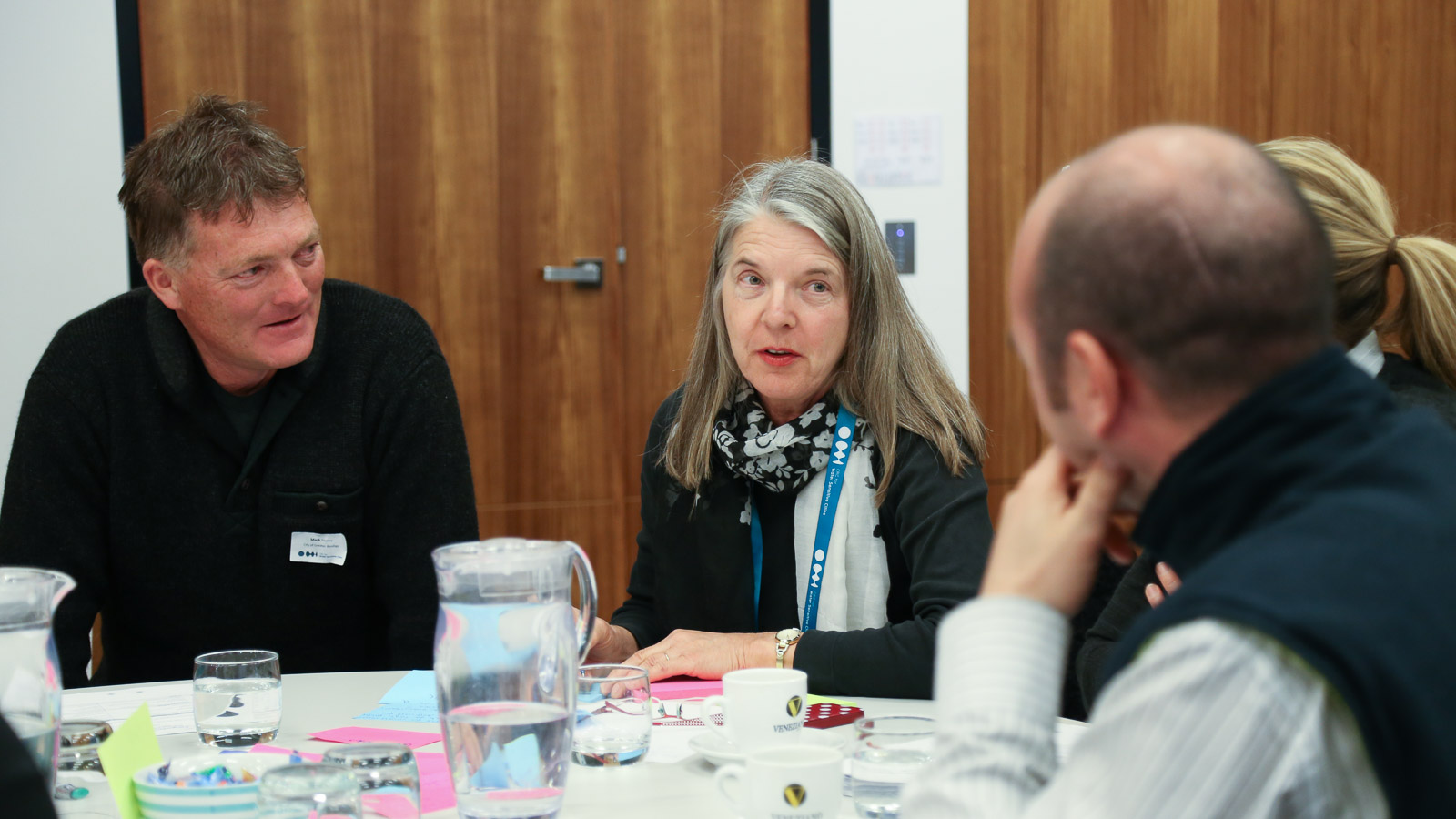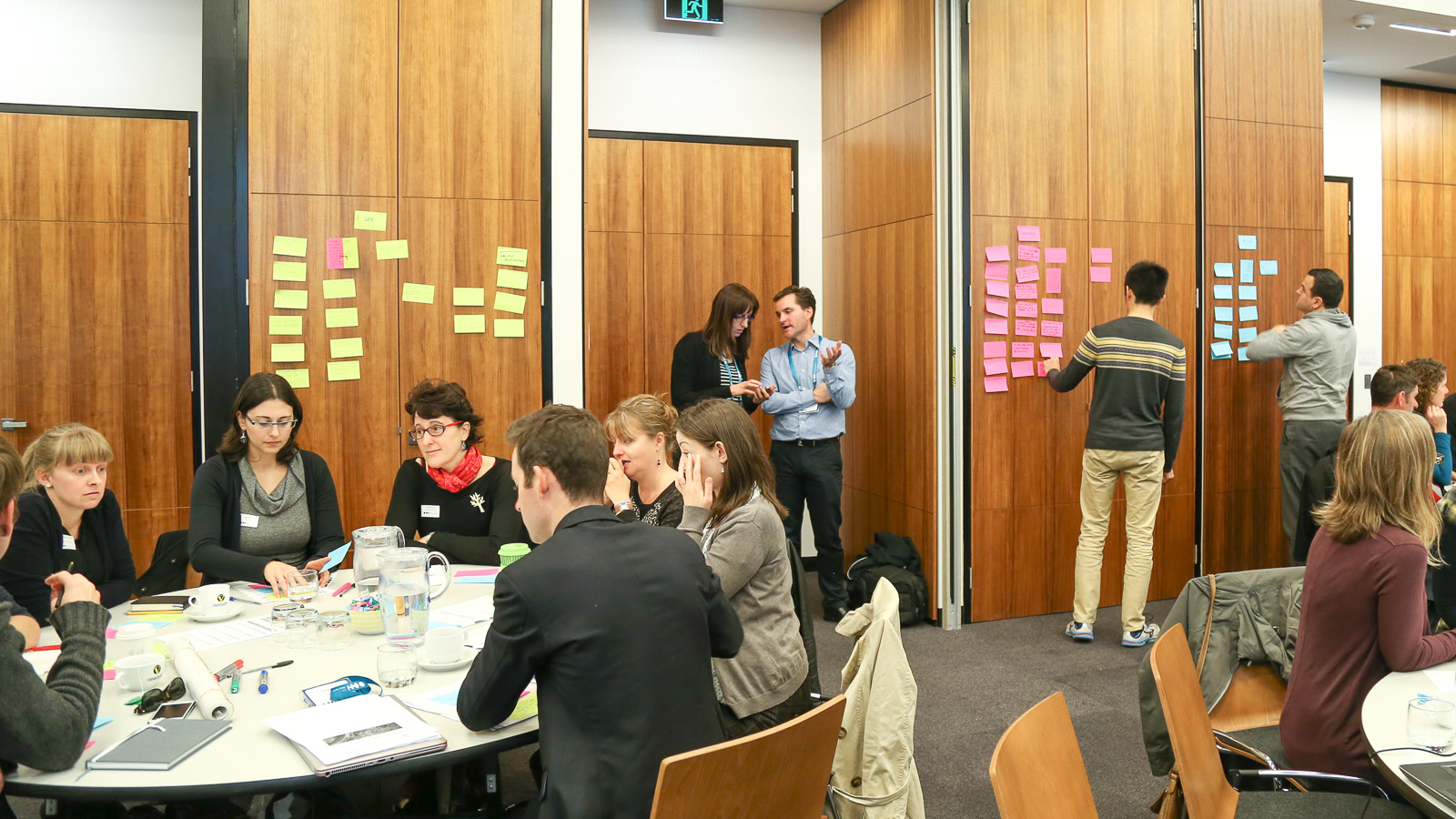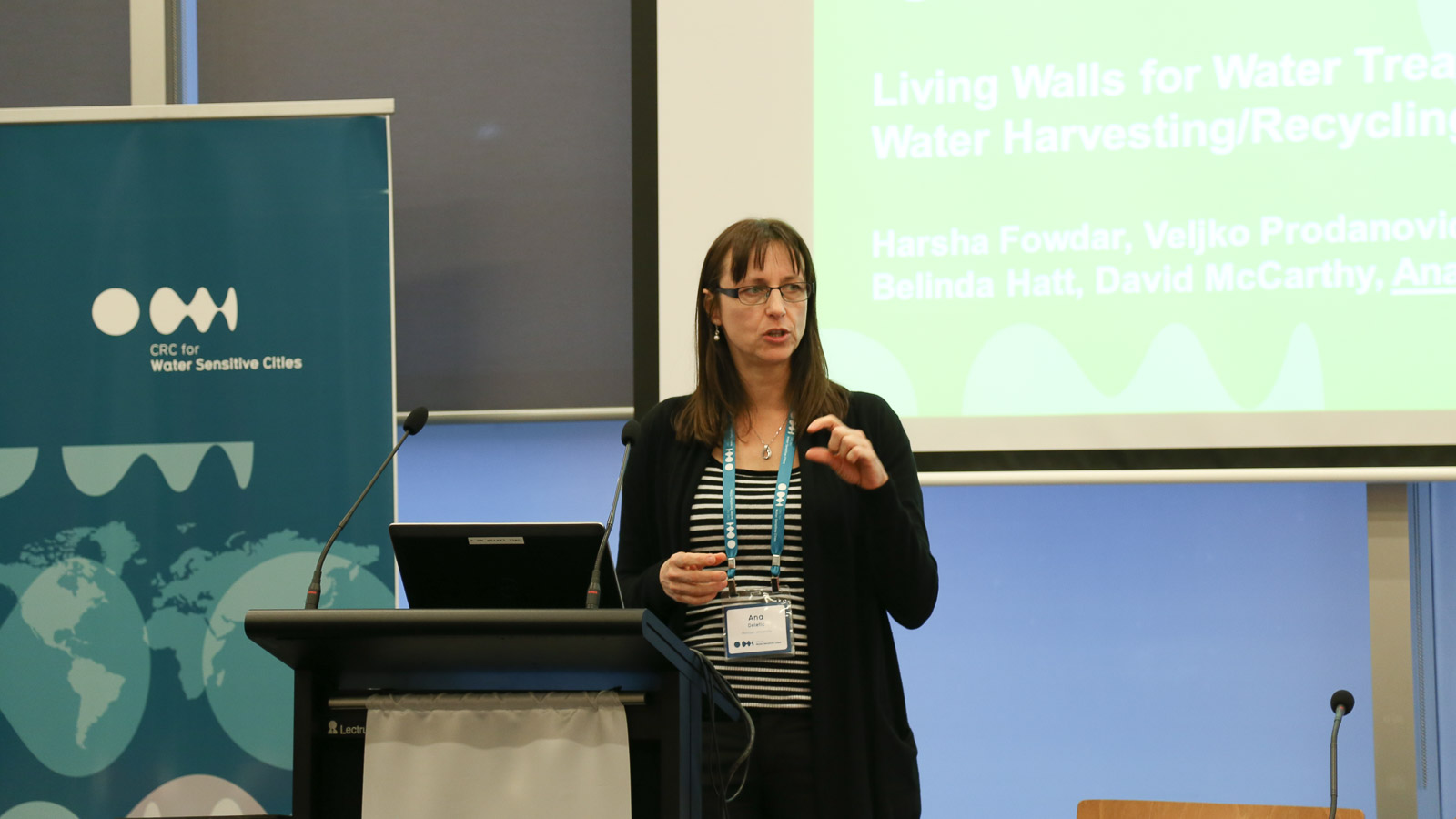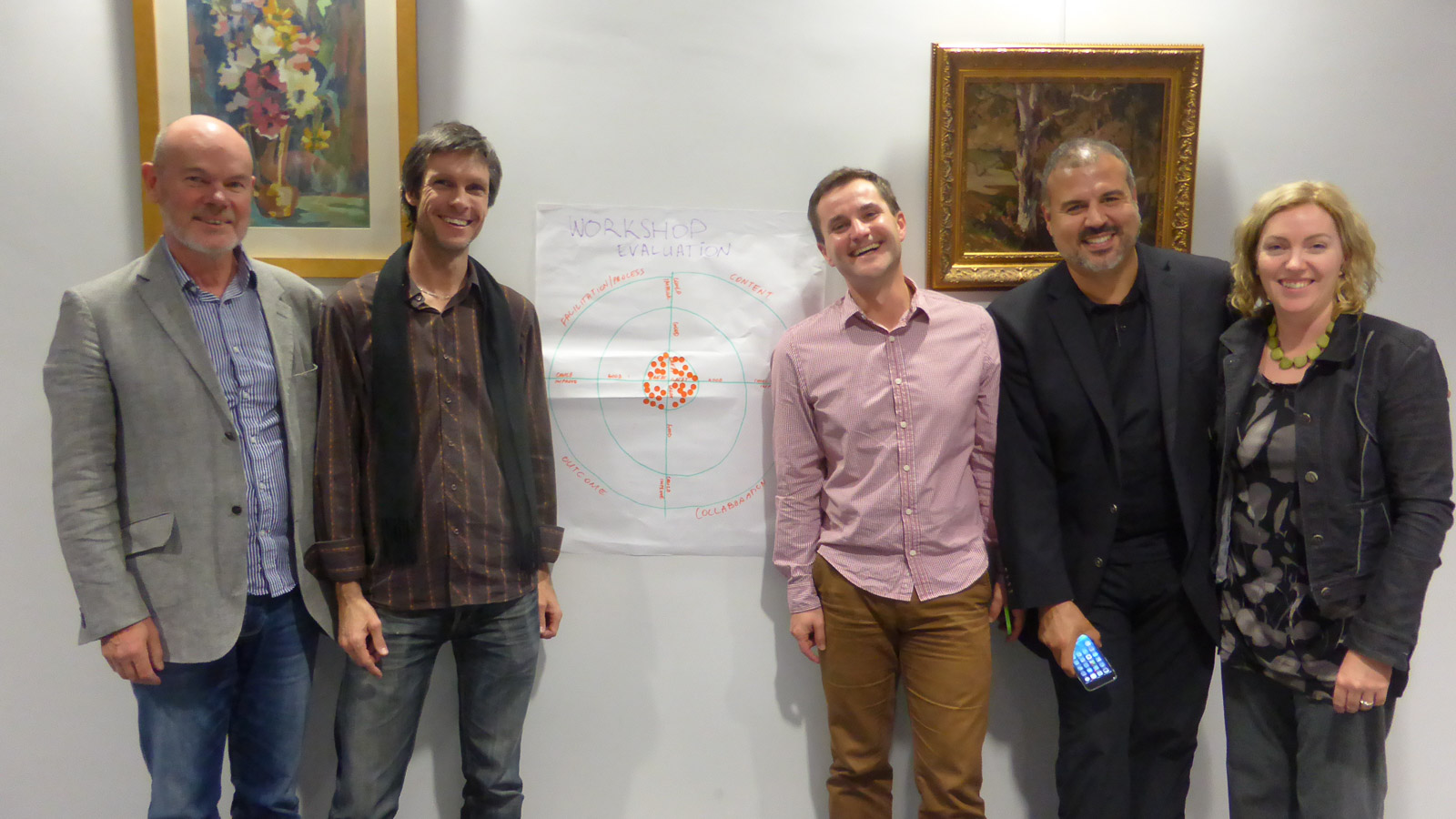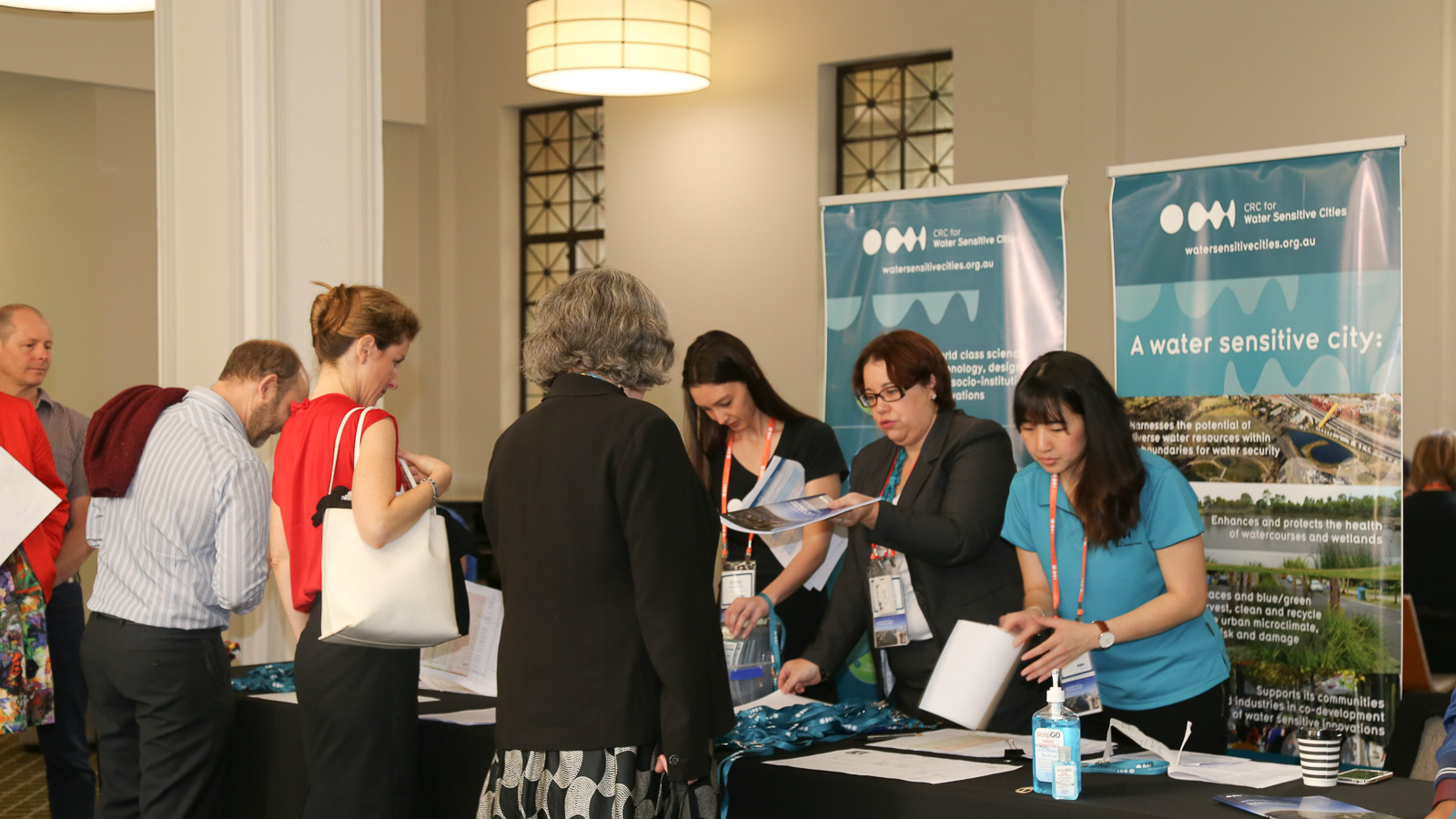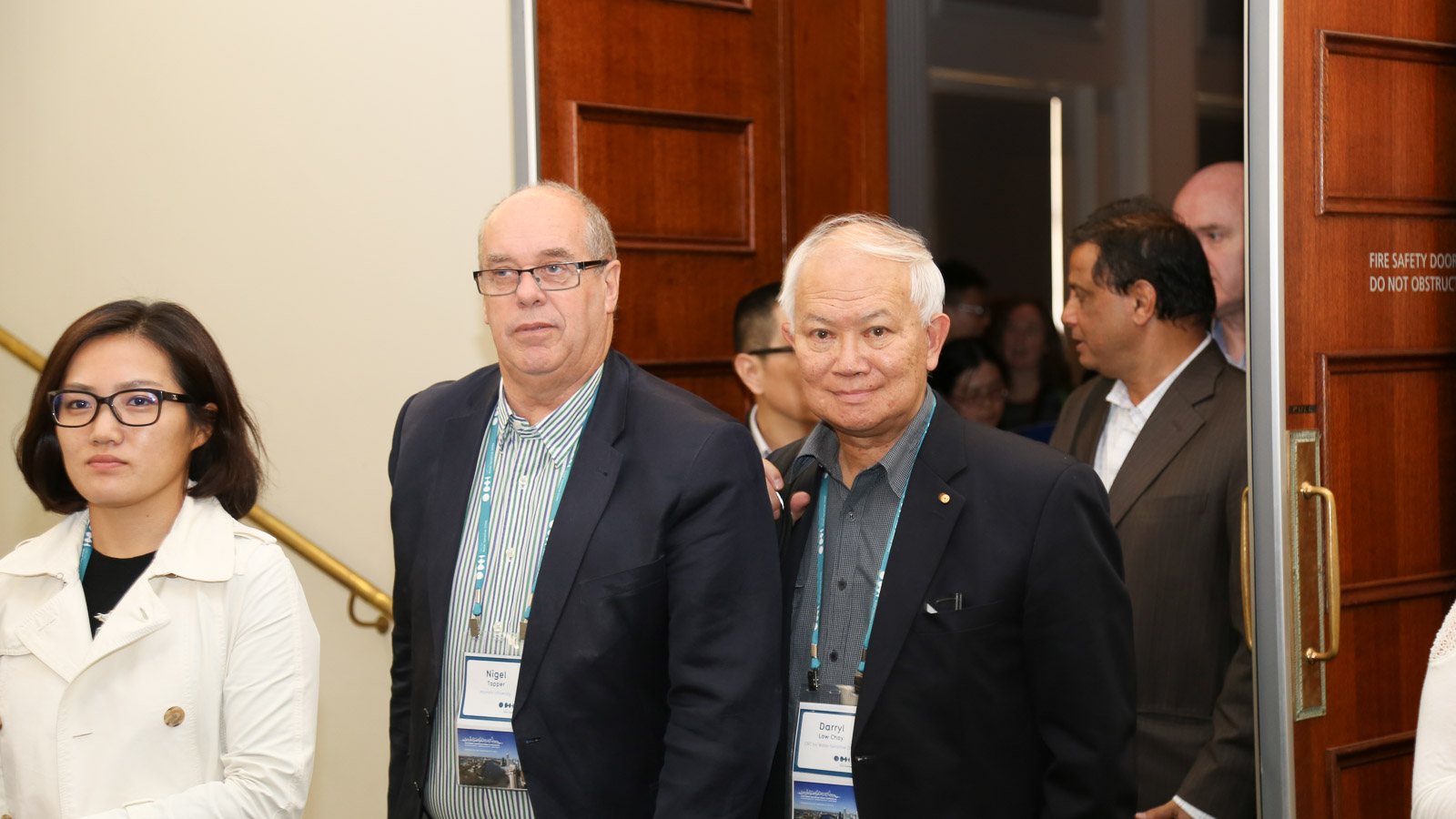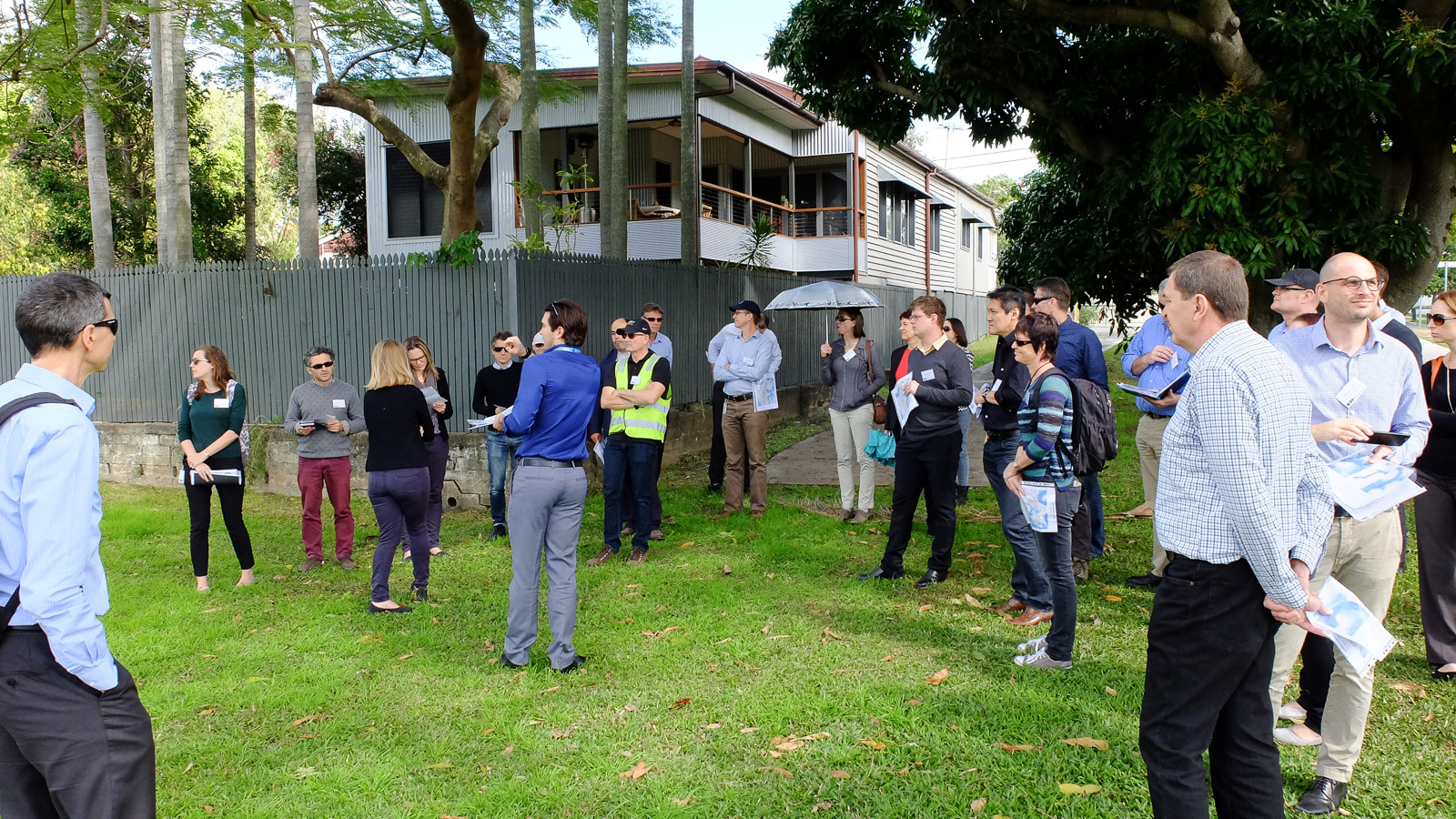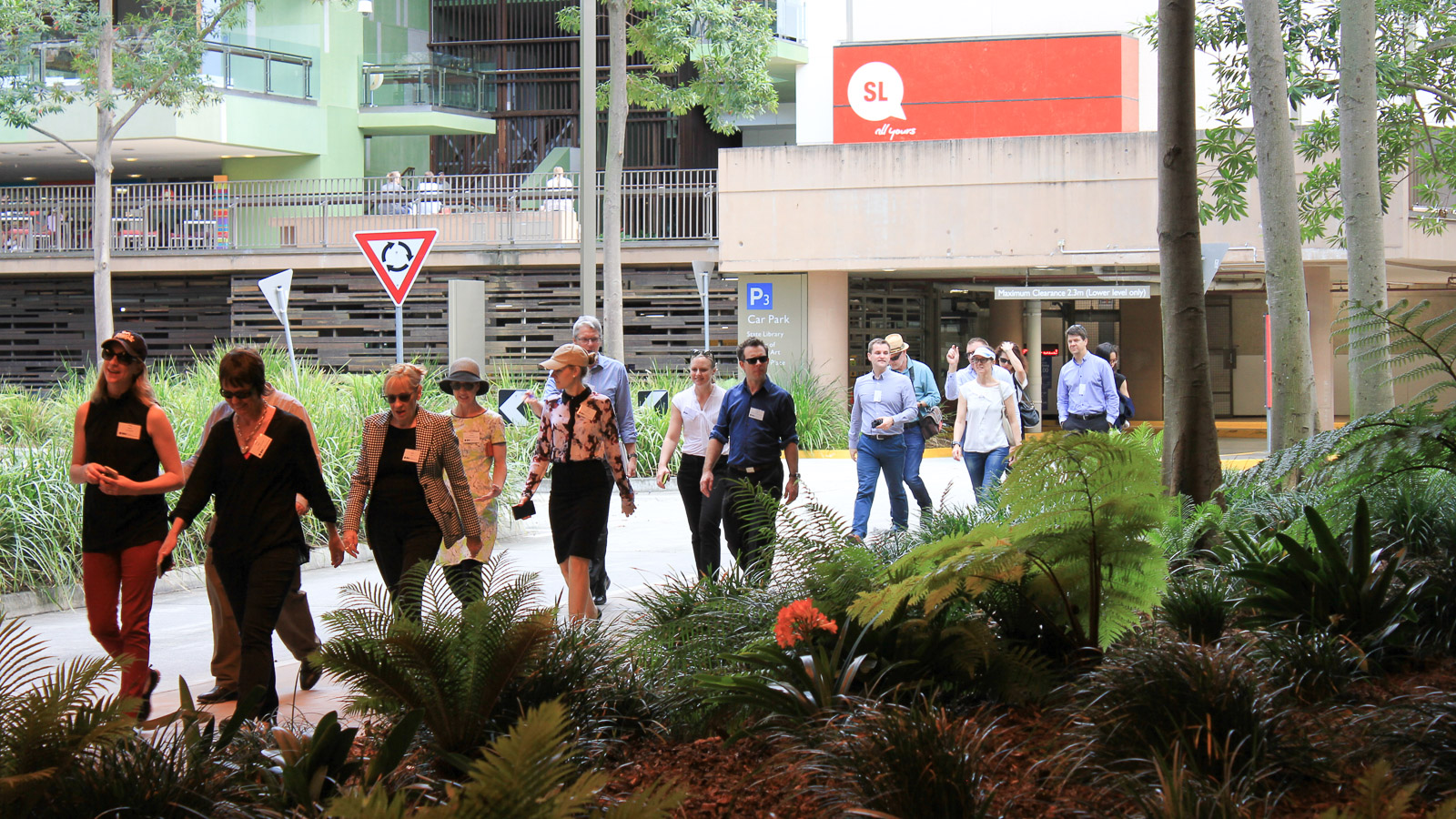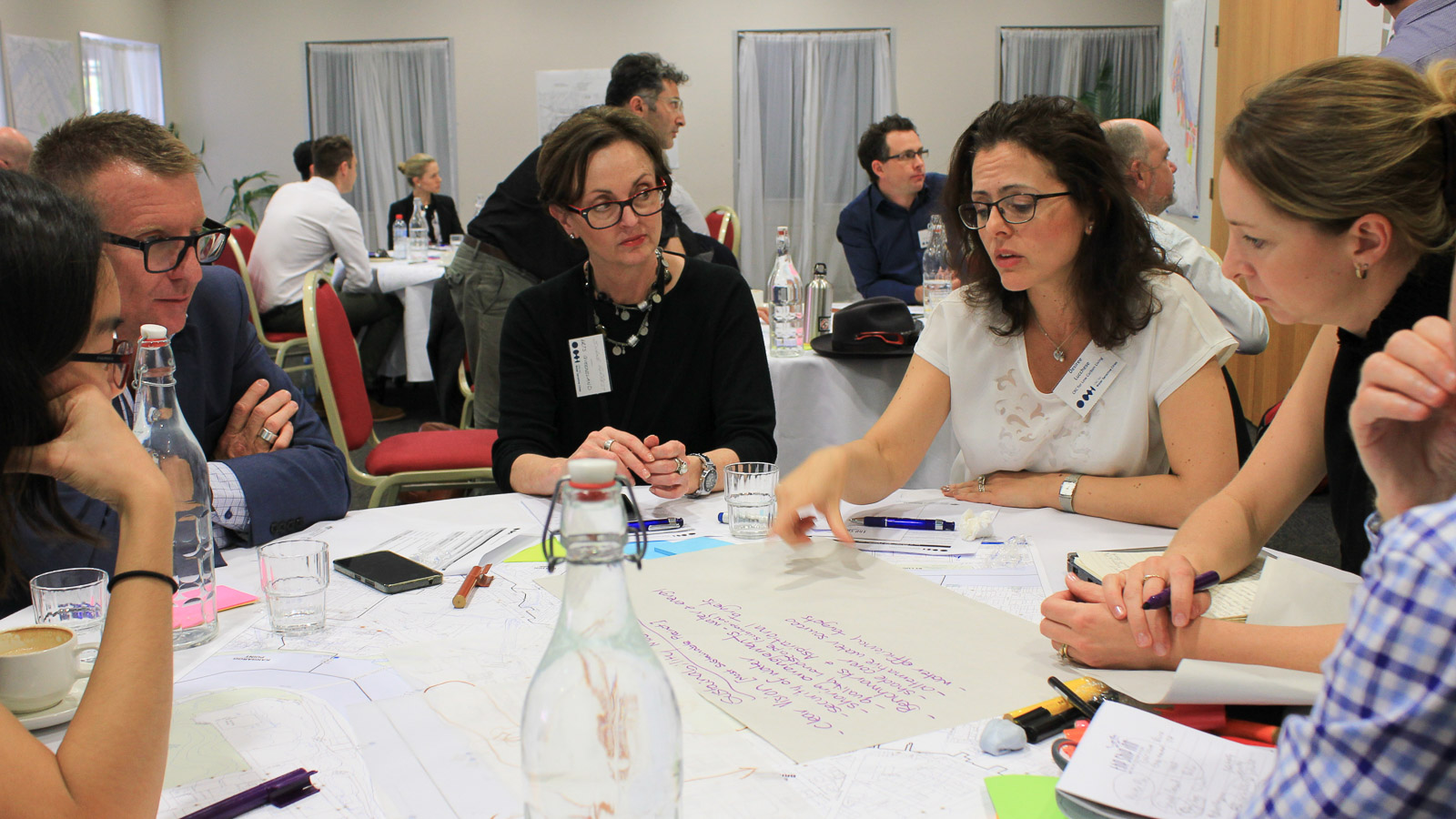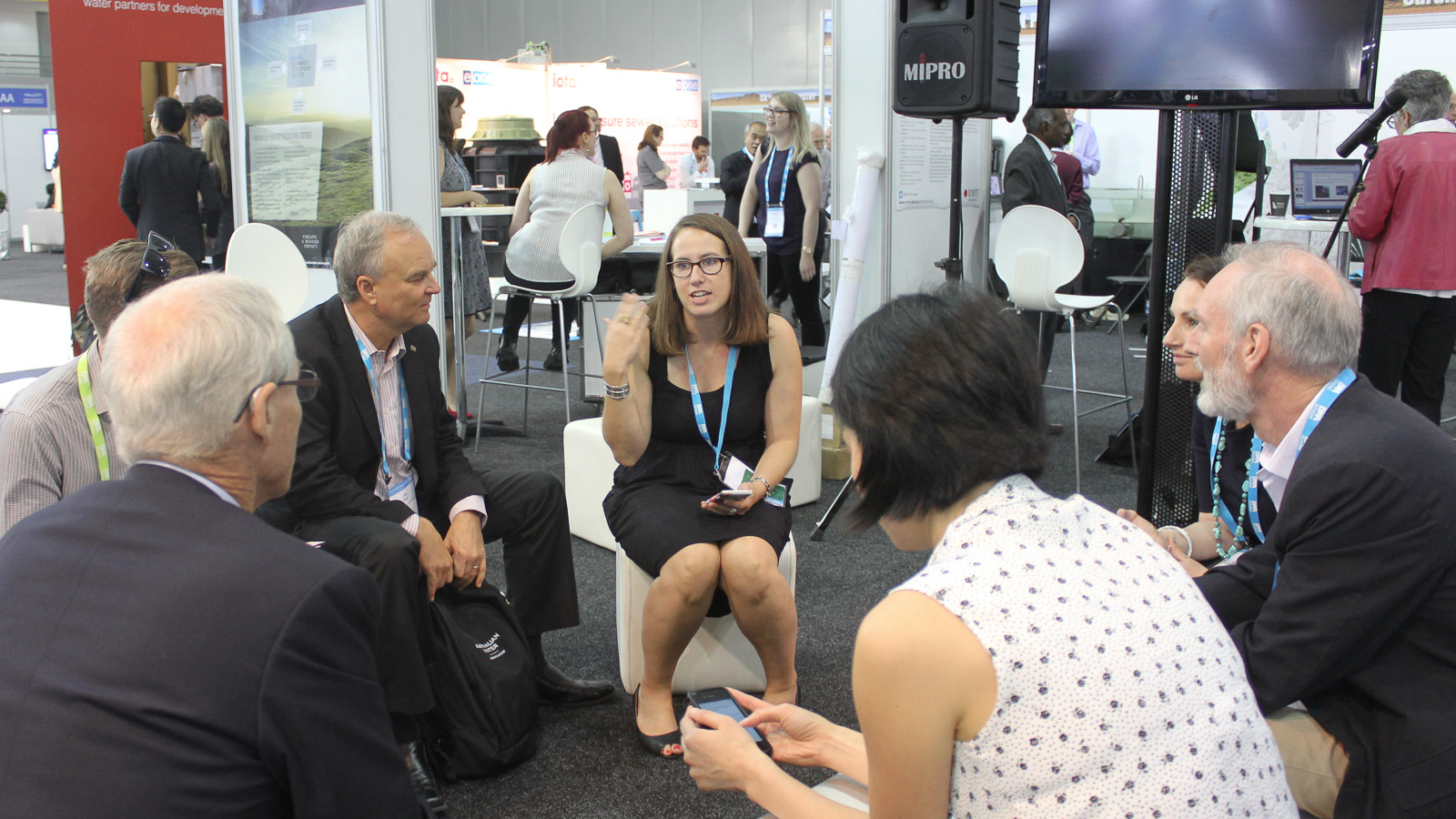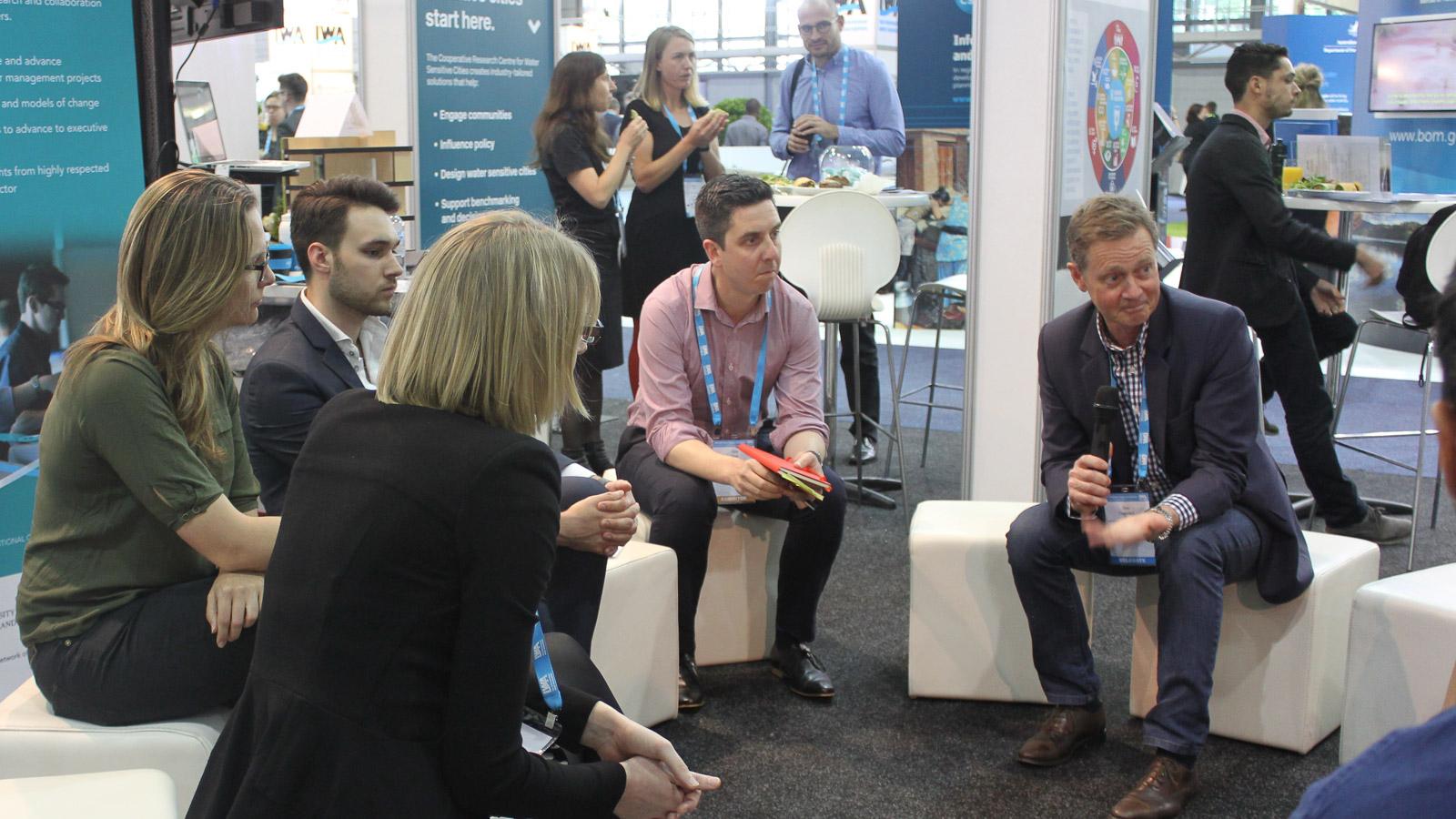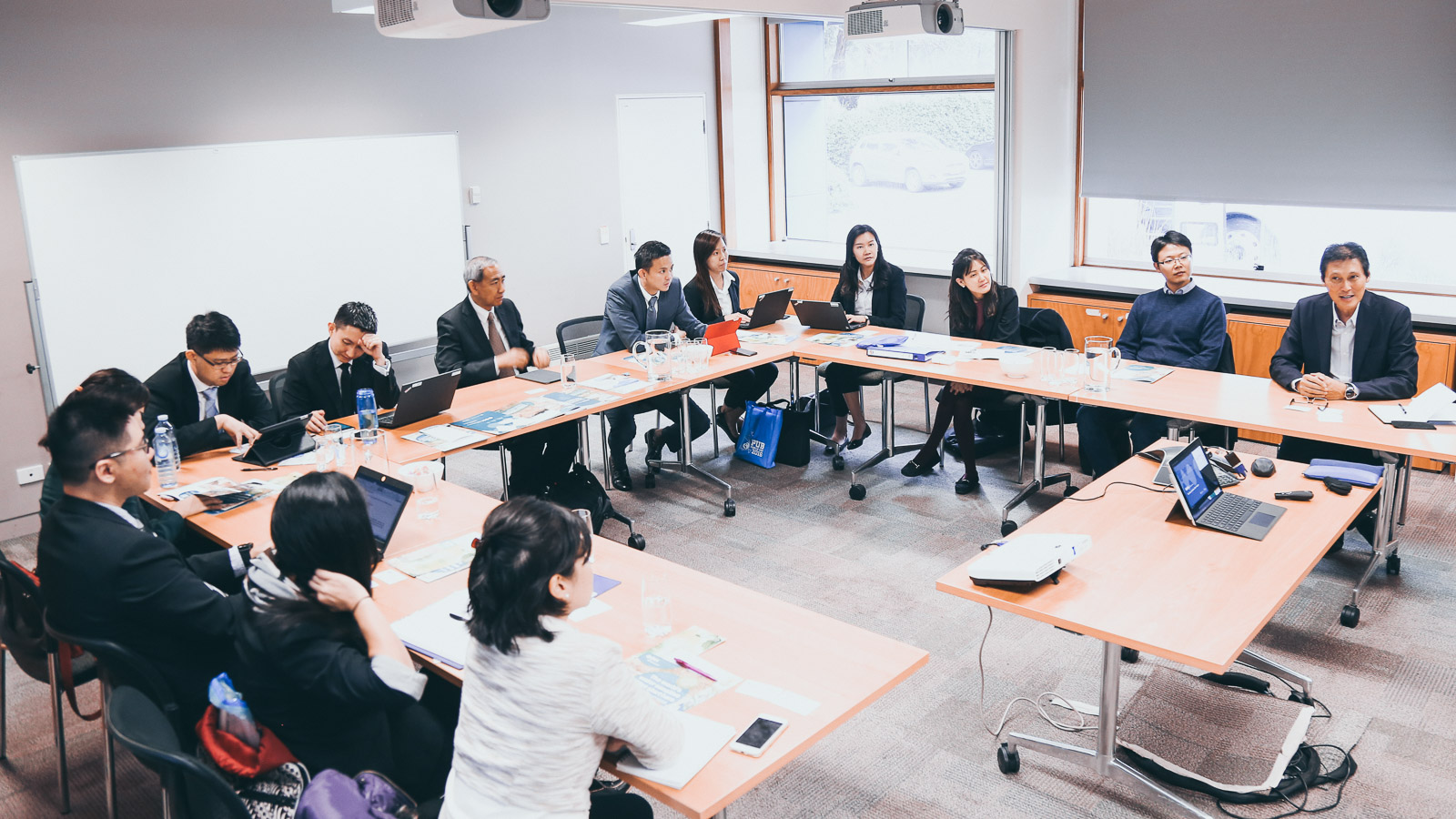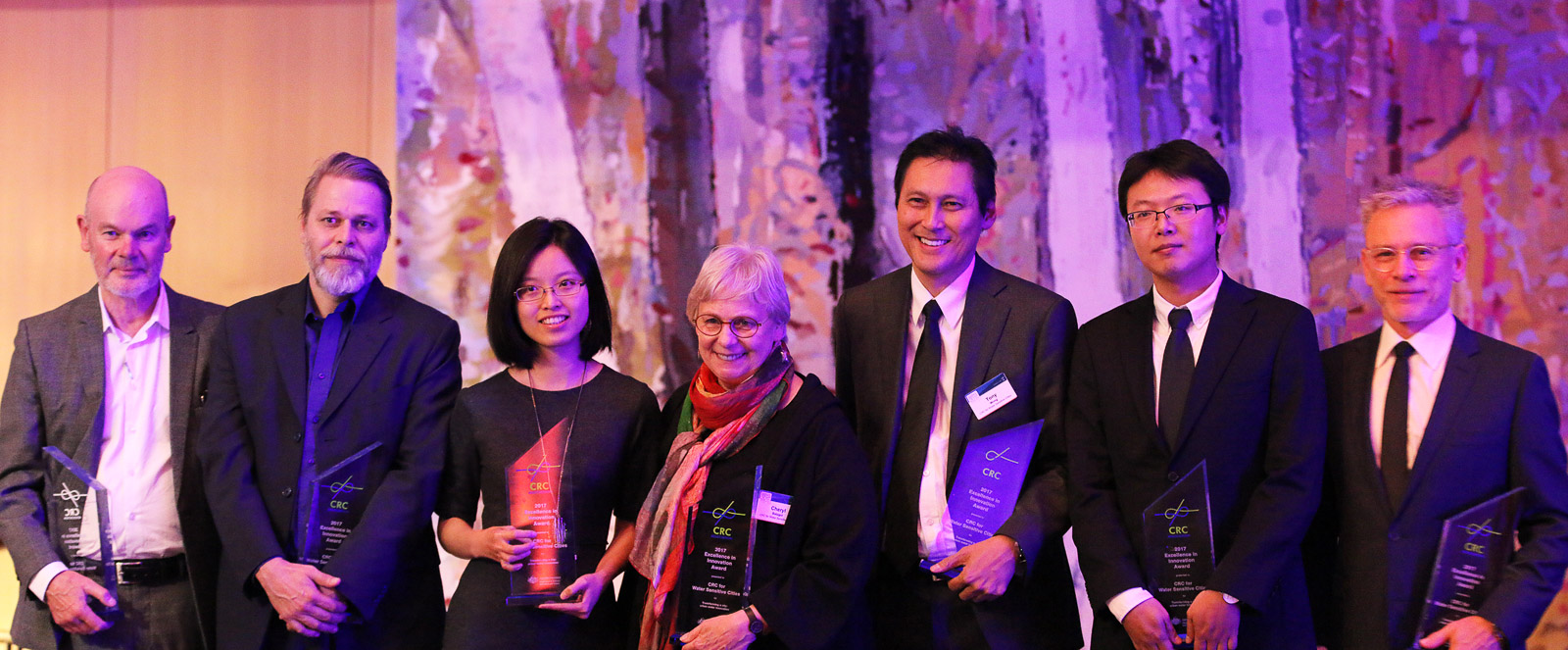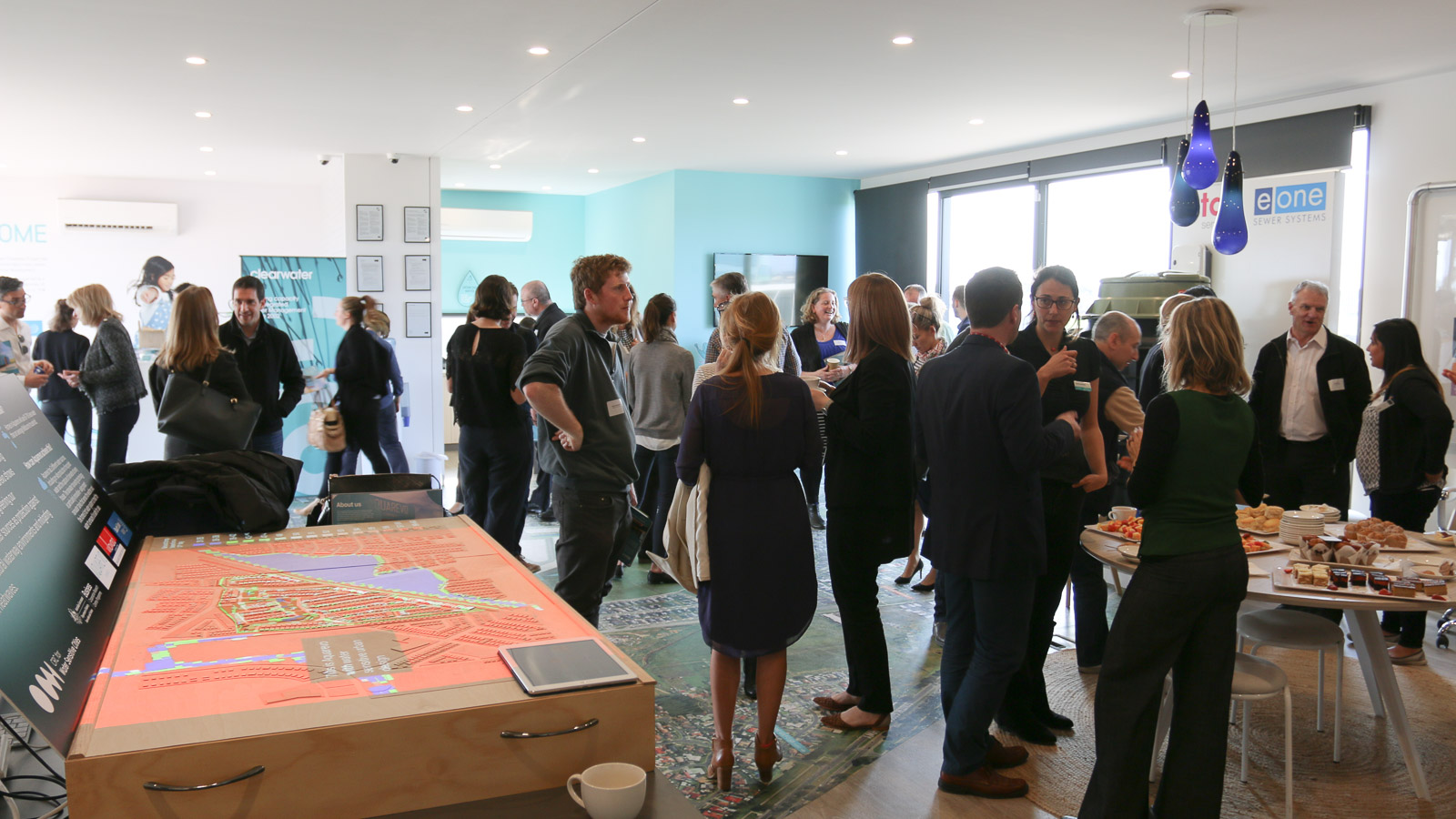A decade of our bold journey – a reflection and acknowledgement by Tony Wong
As we conclude the CRC for Water Sensitive Cities (CRCWSC), I want to sincerely thank all of our partners for their enthusiastic participation over this past 9 years.
Our bold journey started some 10 years ago, when 8 people came together to develop the bid for a new Cooperative Research Centre. We had great ambition and energy to secure funding for the CRCWSC and I especially want to acknowledge this great team:
- Barry Ball, now enjoying his retirement
- Professor Rebekah Brown, now Deputy Vice Chancellor (Research) at Monash University
- Professor Ana Deletic, now Executive Dean of Engineering at Queensland University of Technology
- Professor Anas Ghadouani, now an active online educator extraordinaire
- Professor Jurg Keller, now enjoying semi-retirement but maintaining an active role in the International Water Association
- Professor Richard Weller, now Professor and Chair of Landscape Architecture at the prestigious University of Pennsylvania in Philadelphia
- Professor Zhiguo Yuan AM, now Director of the Advanced Water Management Centre at the University of Queensland.
I would like to also acknowledge Fiona Chandler (then International Water Centre), Jamie Ewert (then Melbourne Water) and Ken McIntosh (then WA Department of Water) who joined the inaugural executive team. They were soon followed by Professors Peter Davies, Darryl Low Choy and Nigel Tapper.
As an executive team, we had a bold vision, and we were extremely effective and productive. In the first 6 months, we established and started over 25 Tranche 1 projects. We committed over $20 million of research funding, building a multidisciplinary team of 160 researchers across 13 disciplines including engineering, physical and biological sciences, economics and social sciences, and architecture. This research team was supported by significant partner participation, with partners contributing via project-level research advisory panels and the Essential Participants Reference Group, chaired by Sara Harbidge (then Victorian Department of Sustainability and Environment) and John Savell (WA Department of Communities).
These Tranche 1 projects were part of a bigger jigsaw that filled key knowledge gaps and delivered proofs-of-concept to accommodate the varying climate and administrative contexts across Australia’s many regions. This scientific foundation—and the crucial industry and government partnerships we forged as part of the process—paved the way for our Tranche 2 projects. This time, our key focus was on integrating the knowledge from Tranche 1. The architects of the Tranche 2 program were Professor Jurg Keller and Associate Professor Briony Rogers.
Our Tranche 2 projects were as bold and ambitious as their predecessors, delivering products and tools that capture and operationalise the know-how we acquired in ways our partners could readily apply. We established Regional Advisory Panels, and strengthened the roles of our Regional Managers, to ensure greater engagement with and participation of our partner organisations. I’d like to acknowledge our past and present Regional Managers –Mellissa Bradley (SA), Kristy Good (NSW), Euan Hind (Vic), Lorena Ikic (NSW), Beth Salt (NSW), Chris Tanner (Qld), Georgie Wettenhall (Vic), Emma Yuen (WA).
The CRCWSC was also supported by many quiet achievers in the operations team. It was indeed a ‘well-oiled’ cohesive machine that upheld our value statement of being BIG: (i) Bold in our ambitions and endeavours; (ii) working with Integrity; and (iii) having a spirit of Generosity in all of our interactions. At the risk of omitting some of our key quiet achievers, I’d like to acknowledge Robyn McLachlan (Chief Operating Officer), Ben Furmage (Chief Operating and Finance Officer), Li Xia Southwick (Finance Manager), Lorena Ikic (Stakeholder Engagement), Samantha Lemons (Research), Ebony Henderson (Administration), Jennifer Flynn (Technical Writer), Daniel Connellan (Digital Communications) and the countless others who supported us. I apologise that space does not permit me to name you all.
It was during Tranche 2 that we started our succession and transition planning for the CRCWSC. We started at the top, with the retirements of Professor Jurg Keller as Chief Research Officer, Barry Ball as Stakeholder Engagement Executive and me as Chief Executive Officer. I am extremely grateful to the new executive team charged with ‘landing’ the CRCWSC well and transitioning it into a new enterprise to ensure an enduring pathway of water sensitive cities research and implementation—Ben Furmage (Chief Executive Officer and Chief Operations Officer), Briony Rogers (Chief Research Officer), Jamie Ewert (National Engagement Executive) and Malcolm Eadie (Commercial Manager).
Right from the start, we said that we would measure our achievements against four metrics:
- the quality of our research as measured by the quality of our publications and the accolades we received individually and as a team
- the quality and strength of our outreach in building industry capacity for reform and innovative practices as measured by our capacity building collaterals, and the participation of practitioners in our training courses, workshops and conferences
- the policies we have influenced
- the projects constructed or planned that we have influenced.
By year 3, we were already providing evidence to the Commonwealth Government of our significant achievements in all four metrics, and these achievements continue to grow. We have so much to celebrate. Our conferences were well attended and powerfully effective in disseminating our outputs and fostering closer cooperation. Our research synthesis workshops were innovative in creating the integrated platform for co-designing, with our stakeholder organisations, context-specific and cross-disciplinary solutions. Along the same vein, our Water Sensitive Cities envisioning process created transitional blueprints that our stakeholders can operationalise to realise their water sensitive city visions. Our work was truly world class, and widely acknowledged as such through the many global projects and policies that we influenced.
There remains much to do, but that will be for the new cohort of leaders emerging from our CRC and elsewhere. Our bid for a Transformative Cities CRC, while unsuccessful, galvanised our understanding of what needs to be done. Specifically, we need to maintain our efforts to transform cities and their regions into more sustainable, resilient and liveable places, first and foremost by mainstreaming the proofs-of-concept and demonstrations of our water sensitive initiatives. Significantly, this transformation should not be confined to water, but water can be the catalyst for a more holistic transformation. Our final think tank piece (to be released shortly) presents a concept and model for future cooperative research endeavours to achieve this ambition.
My final and most heartfelt gratitude goes to Cheryl Batagol and her Board. I couldn’t have been more fortunate than having Cheryl to guide the CRCWSC more broadly, and me more specifically. Cheryl understood our ambitions and our very tight timeframe for fulfilling them. She and the Board helped the executive team navigate through the early phases of establishing trusted partnerships, while maintaining focus on the timely and successful Tranche 1 project delivery. My most sincere appreciation to all on the Board for your camaraderie, advice and mentorship; you have all shown so much enthusiasm and commitment to our vision and mission.
It has been a most rewarding personal journey for me, and I hope it has been the same for all of you in your own way. We have achieved much together and have grown through our cooperation and collaboration in this, our joint mission. I congratulate you all for your vision, tenacity and commitment to a water sensitive future for our cities and planet Earth.
Tony Wong
